Seal Rescue & Rehabilatation
Our seal rescue and rehabilitation programme is one of the busiest in Europe, with three. SEA LIFE rescue centres in the UK and Belgium. Our SEA LIFE team in Helsinki is also fully
trained to respond to an oil spill and provide immediate rescue and clean-up for affected animals.
Our expert teams treat sick and injured seals, then return them to the wild plus look after orphaned seal pups until they’re old enough to look after themselves. If a seal can’t be returned to the wild, they’re given a safe and secure home in our aquariums or
sanctuaries
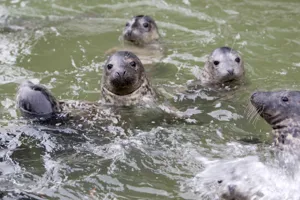
Cornish Sea Sanctuary
The SEA LIFE Trust also runs the Cornish Seal Sanctuary on the Helford Estuary in Gweek, where sick and injured seal pups receive expert care at the onsite Seal Hospital so that, once they have regained full health, they can be released back to their home in the sea.
Meet some of the residents below!
Discover more about our sanctuaries
Meet some of our residents
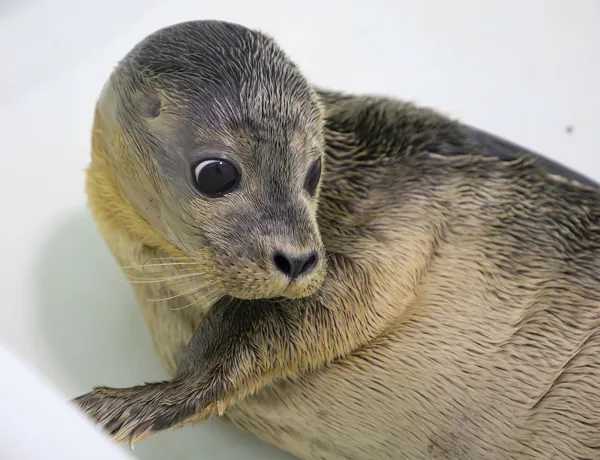
Gwen Stefani
Gwen is flying through rehab, she was hand feeding fish on her second day and she’s really bright and active. She was rescued in 2019 from Heacham South beach weighing 10Kg and she is now over 13 Kg. She’ll move into the pup pool with Madonna where, hopefully, they’ll teach each other to catch fish before being released.
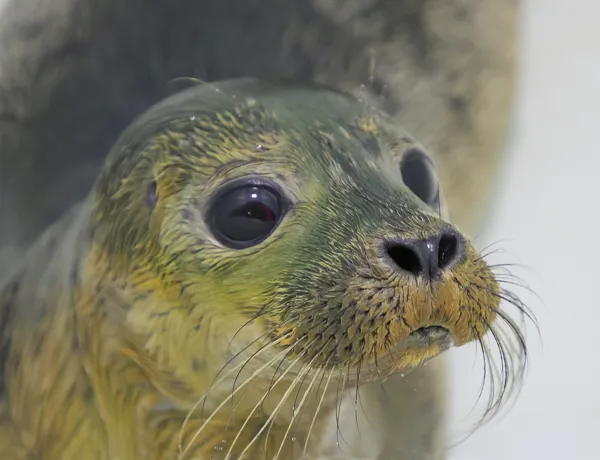
Elvis
Elvis was found very dehydrated, extremely thin and malnourished; weighing only 7.5kg he was lighter than a typical healthy new-born common seal pup. Aaw. Elvis has been under the specialist care of the seal rescue team and has already made a remarkable turnaround, putting on over 2kg in weight. Amazing!
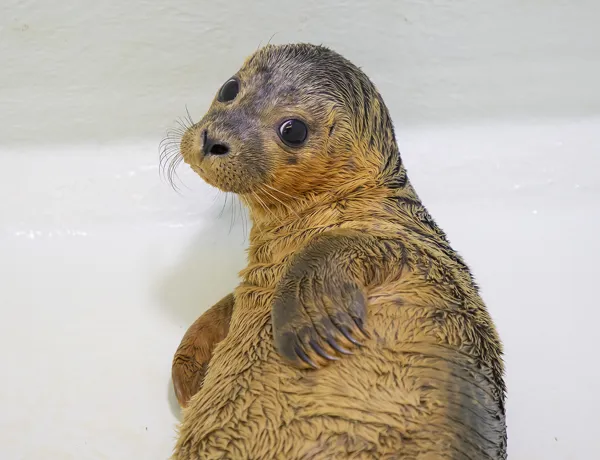
Prince
Rescued in 2019 from Titchwell beach. He's very feisty and is being well cared for by our specialist animal care team. Since his arrival he’s doubled his weight to over 12Kg and has pulled through the nasty infection he arrived with. He’s now eating whole herring fish and continues to go from strength to strength. He now enjoys lengthy swims during the day and it shouldn’t be too long before he is ready to progress to the pup pool.
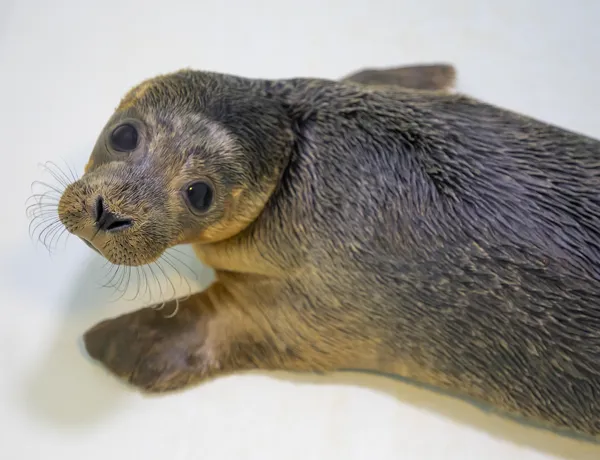
Bruce Springsteen
Rescued in 2019 from Hunstanton beach. He was found at 2-3 days old weighing 10Kg, which is average for a seal his age. He's a feisty little guy and is doing well. Bruce is being well cared for by our specialist animal care team who are feeding him a special fish soup mixture every three hours to help keep him growing big and strong! Since his arrival Bruce has put on 4 Kg and has progressed from the fish soup mixture to eating whole herring. He enjoys his long swims.
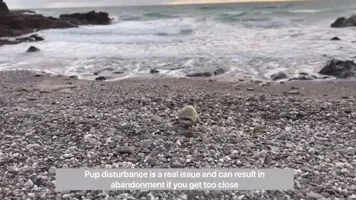
SEA LIFE Seal rescue and recovery programme
Each season (September - March), the Cornish Seal Sanctuary rehabilitates over 70 seal pups that have been rescued for various reasons, from malnourishment to being separated from their mum.
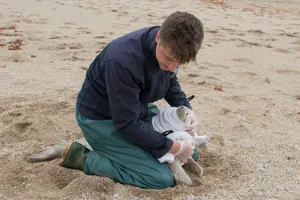
Seal Rescue - Europe
SEA LIFE runs some of the most active sea mammal rescue and rehabilitation centres in Europe, with dedicated teams rescuing and caring for hundreds of orphaned or injured seals each year. Centres at SEA LIFE Hunstanton and SEA LIFE Scarborough in the UK, and SEA LIFE Blankenberge in Belgium, collectively rehabilitate over 100 grey (Halichoerus grypus) and common (Phoca vitulina) seal pups annually. Many of these animals are rescued due to malnourishment, separation from their mothers, or injuries caused by fishing gear and ocean pollution. After weeks or even months of intensive care—including bottle feeding young pups every few hours around the clock—most seals are returned to the wild. Those with permanent injuries receive lifelong care at SEA LIFE centres or at the SEA LIFE Trust’s Cornish Seal Sanctuary in Gweek, Cornwall. With over 40 years of experience, SEA LIFE continues to lead in seal rehabilitation, giving countless marine animals a second chance at life.
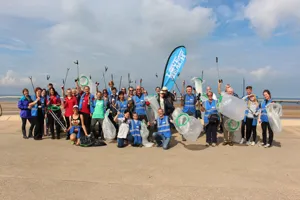
Plastic Pollution Projects
Plastic pollution poses a growing threat to marine life, with discarded fishing nets and angling lines causing severe injuries to seals and other ocean animals. In response, SEA LIFE aquariums worldwide are taking strong action to reduce plastic waste. Single use plastic straws were eliminated from all locations in 2018, and a wider plan to phase out plastic cutlery and beverage containers began in 2020. SEA LIFE teams also organise regular clean-up events across beaches, rivers, and canals, preventing hundreds of tonnes of litter from entering marine habitats.
In 2019 alone, the SEA LIFE Trust’s World Oceans Day 24-Hour Global Beach Clean, over 2,400 volunteers across more than 40 SEA LIFE centres collected nearly two tonnes of waste.
Discover more about beach cleans
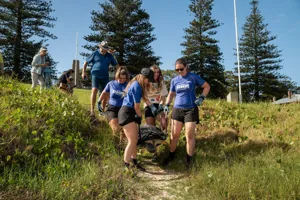
Our latest news
Dive in and discover our latest news, stories and fun facts from all around the globe!
Dive in